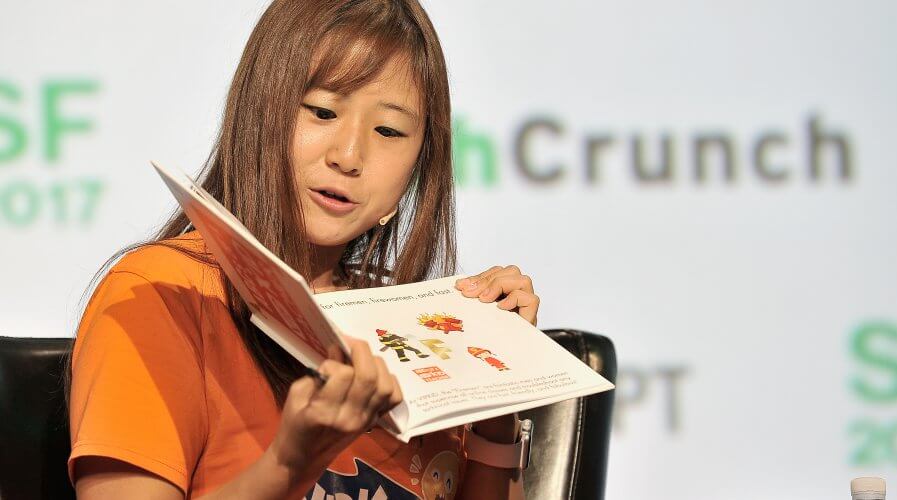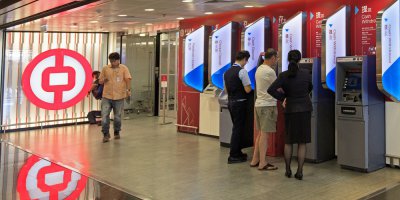
VIPKID Founder and CEO Cindy Mi speaks onstage during TechCrunch Disrupt SF 2017 at Pier 48 on September 20, 2017 in San Francisco, California. Steve Jennings/Getty Images for TechCrunch/AFP
How AI is helping bridge the educational resource gap
CHINA is using AI to conduct classes. This comes just months after the country was reported to be using AI for grading student papers.
VipKid, hailed to be China’s largest online education startup, is exploring how AI can personalize learning experiences for students. The company is among a growing number of edtech startups looking to use AI to fulfill the increasing demand for higher quality education, especially in English.
According to a Metaari report, the digital English market in China is expected to reach US$1.4 billion by 2022.
The country has long had an issue with economic disparity in education. Often, the best academic resources and teachers have been snatched up by well-to-do families in major cities to nurture their children.
This leaves students from smaller towns or lower-income families with little access to high-quality education. Online classrooms serve as a platform, allowing skilled educators to reach more people more efficiently.
VipKid capitalized on this demand by offering an English tutoring platform that connects Chinese students to teachers based in the US and Canada. In fact, this model was so highly sought after in China, that the company struggled to meet the overwhelming demand in its early days.
Today, the company is partnering with Microsoft China to research and develop applications of “smart classroom technology to help analyze student behavior and enable personalized learning”, according to a press statement.
From a student’s perspective, a more personalized training ensures every user gets the necessary support they need. The AI can also potentially pick up areas of weakness and tailor learning materials according to the student’s ability.
However, VipKid’s efforts might be a step behind Liulishuo, a self-proclaimed leader in AI-powered education. The latter is said to have built an AI English teacher based on deep learning algorithms, which provides personalized and adaptive learning path for every user.
Liulishuo is said to have more than 50 million registered users, from 379 cities in China and over 175 countries around the world. In comparison, VipKid currently has over 500,000 online students located in 63 countries, including Japan, France, and Brazil.
Globally, there have been other tutoring platforms that are using or trialing AI to complement their offerings, including Third Space, Carnegie Learning, and Thinkster. All aforementioned platforms are tutoring aid for math subjects.
As China ramps up efforts to realize its dream of becoming a world leader for AI by 2030, it’s not farfetched to envision all schools to have an AI-assisted education. Provided it can overcome the ethical challenges, AI will change the role of teachers from an educator to a facilitator.
READ MORE
- The criticality of endpoint management in cybersecurity and operations
- Ethical AI: The renewed importance of safeguarding data and customer privacy in Generative AI applications
- How Japan balances AI-driven opportunities with cybersecurity needs
- Deploying SASE: Benchmarking your approach
- Insurance everywhere all at once: the digital transformation of the APAC insurance industry




